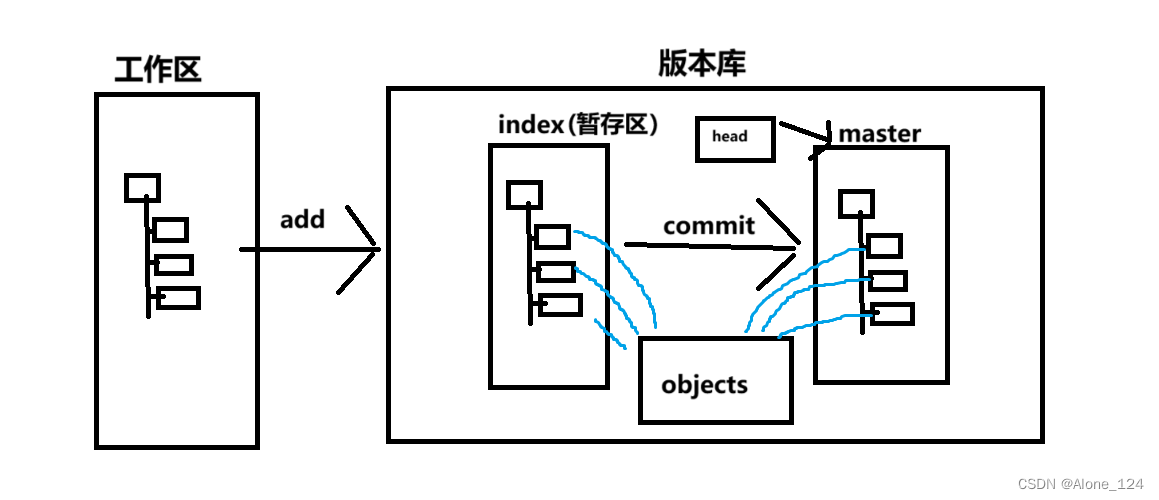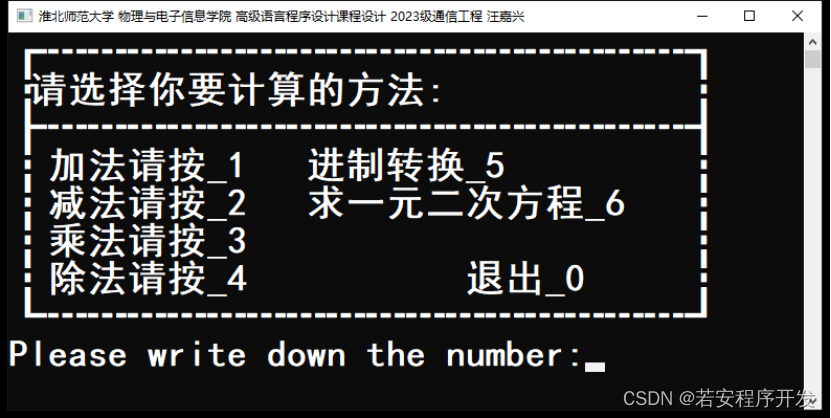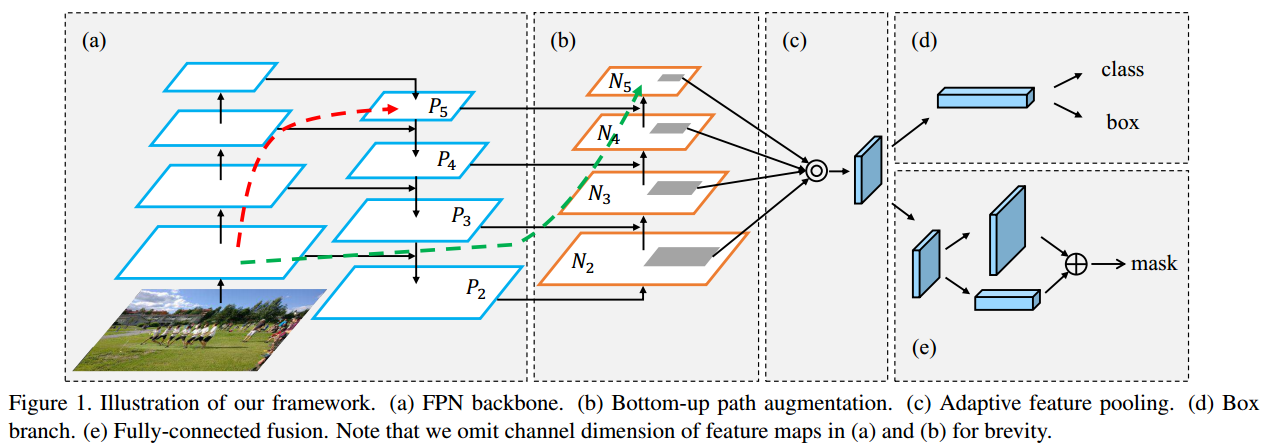目录
1. list的使用
1.1 list的构造

1.2 list iterator的使用

1. begin与end为正向迭代器,对迭代器执行++操作,迭代器向后移动
2. rbegin(end)与rend(begin)为反向迭代器,对迭代器执行++操作,迭代器向前移动
1.3 list capacity

1.4 list element access

1.5 list modifiers

1.6 list的迭代器失效
迭代器失效即迭代器所指向的节点的无效,即该节 点被删除了。因为list的底层结构为带头结点的双向循环链表,因此在list中进行插入时是不会导致list的迭代 器失效的,只有在删除时才会失效,并且失效的只是指向被删除节点的迭代器,其他迭代器不会受到影响。
2. list的模拟实现
#pragma once
#include<assert.h>
namespace erdong
{
template<class T>
struct list_node
{
list_node<T>* _next;
list_node<T>* _prev;
T _val;
list_node(const T& val = T())
:_next(nullptr)
, _prev(nullptr)
, _val(val)
{}
};
// typedef __list_iterator<T, T&, T*> iterator;
// typedef __list_iterator<T, const T&, const T*> const_iterator;
template<class T, class Ref, class Ptr>
struct __list_iterator
{
typedef list_node<T> Node;
typedef __list_iterator<T, Ref, Ptr> self;
Node* _node;
__list_iterator(Node* node)
:_node(node)
{}
Ref operator*()
{
return _node->_val;
}
Ptr operator->()
{
return &_node->_val;
}
self& operator++()
{
_node = _node->_next;
return *this;
}
self operator++(int)
{
self tmp(*this);
_node = _node->_next;
return tmp;
}
self& operator--()
{
_node = _node->_prev;
return *this;
}
self operator--(int)
{
self tmp(*this);
_node = _node->_prev;
return tmp;
}
bool operator!=(const self& it) const
{
return _node != it._node;
}
bool operator==(const self& it) const
{
return _node == it._node;
}
};
/*template<class T>
struct __list_const_iterator
{
typedef list_node<T> Node;
Node* _node;
__list_const_iterator(Node* node)
:_node(node)
{}
const T& operator*()
{
return _node->_val;
}
__list_const_iterator<T>& operator++()
{
_node = _node->_next;
return *this;
}
__list_const_iterator<T> operator++(int)
{
__list_const_iterator<T> tmp(*this);
_node = _node->_next;
return tmp;
}
bool operator!=(const __list_const_iterator<T>& it)
{
return _node != it._node;
}
bool operator==(const __list_const_iterator<T>& it)
{
return _node == it._node;
}
};*/
template<class T>
class list
{
typedef list_node<T> Node;
public:
typedef __list_iterator<T, T&, T*> iterator;
typedef __list_iterator<T, const T&, const T*> const_iterator;
// 这么设计太冗余了,看看库里面如何设计的
//typedef __list_const_iterator<T> const_iterator;
// 这样设计const迭代器是不行的,因为const迭代器期望指向内容不能修改
// 这样设计是迭代器本身不能修改
// typedef const __list_iterator<T> const_iterator;
// const T* ptr1;
// T* const ptr2;
// 如何设计const迭代器?
iterator begin()
{
//return _head->_next;
return iterator(_head->_next);
}
iterator end()
{
return _head;
//return iterator(_head);
}
const_iterator begin() const
{
//return _head->_next;
return const_iterator(_head->_next);
}
const_iterator end() const
{
return _head;
//return const_iterator(_head);
}
void empty_init()
{
_head = new Node;
_head->_prev = _head;
_head->_next = _head;
_size = 0;
}
list()
{
empty_init();
}
// lt2(lt1)
list(const list<T>& lt)
//list(const list& lt)
{
empty_init();
for (auto& e : lt)
{
push_back(e);
}
}
void swap(list<T>& lt)
{
std::swap(_head, lt._head);
std::swap(_size, lt._size);
}
list<T>& operator=(list<T> lt)
//list& operator=(list lt)
{
swap(lt);
return *this;
}
~list()
{
clear();
delete _head;
_head = nullptr;
}
void clear()
{
iterator it = begin();
while (it != end())
{
it = erase(it);
}
_size = 0;
}
void push_back(const T& x)
{
insert(end(), x);
}
void push_front(const T& x)
{
insert(begin(), x);
}
void pop_back()
{
erase(--end());
}
void pop_front()
{
erase(begin());
}
// pos位置之前插入
iterator insert(iterator pos, const T& x)
{
Node* cur = pos._node;
Node* prev = cur->_prev;
Node* newnode = new Node(x);
prev->_next = newnode;
newnode->_next = cur;
cur->_prev = newnode;
newnode->_prev = prev;
++_size;
return newnode;
}
iterator erase(iterator pos)
{
assert(pos != end());
Node* cur = pos._node;
Node* prev = cur->_prev;
Node* next = cur->_next;
prev->_next = next;
next->_prev = prev;
delete cur;
--_size;
return next;
}
size_t size()
{
/*size_t sz = 0;
iterator it = begin();
while (it != end())
{
++sz;
++it;
}
return sz;*/
return _size;
}
private:
Node* _head;
size_t _size;
};
void Print(const list<int>& lt)
{
list<int>::const_iterator it = lt.begin();
while (it != lt.end())
{
// (*it) += 1;
cout << *it << " ";
++it;
}
cout << endl;
}
}3. list与vector的对比


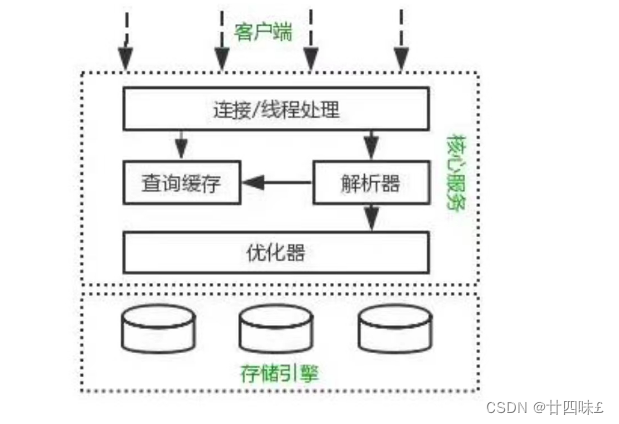
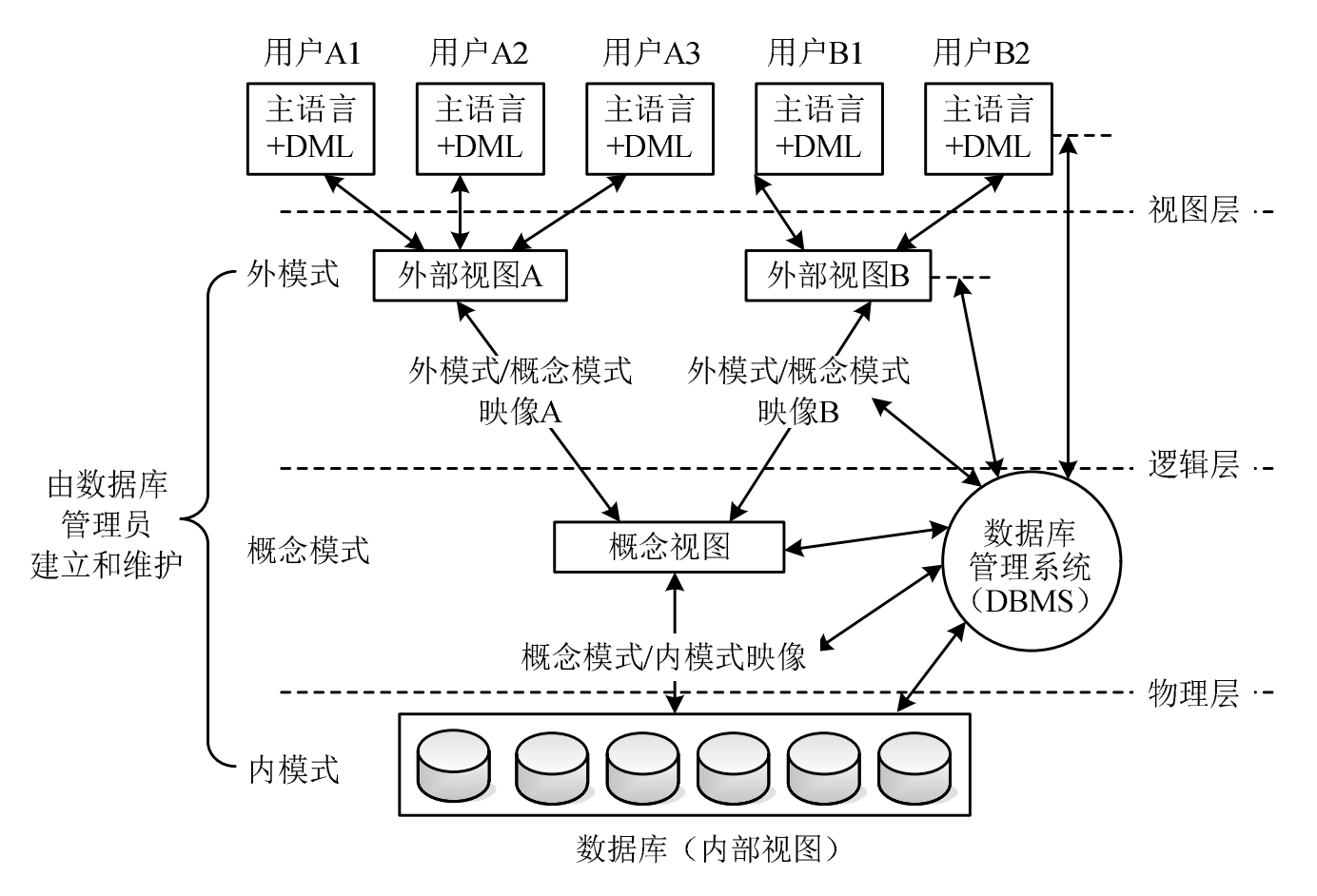



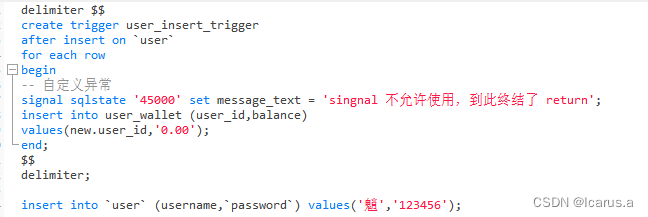
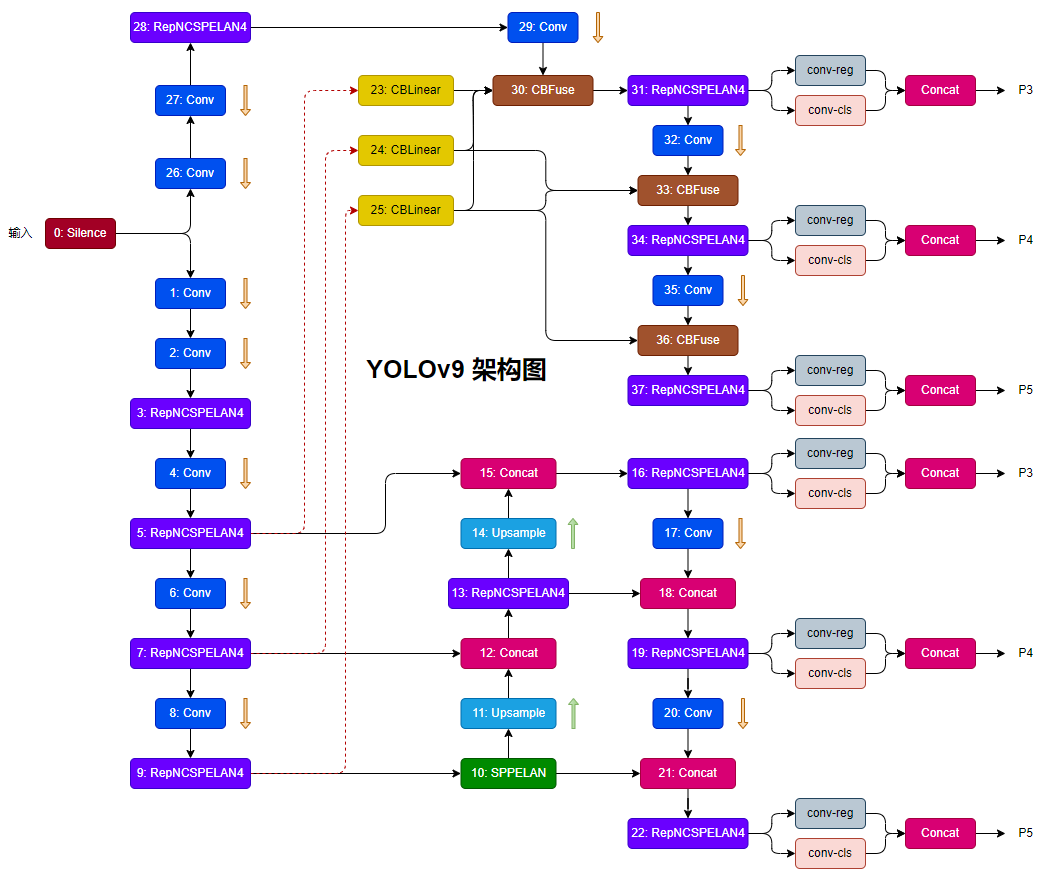







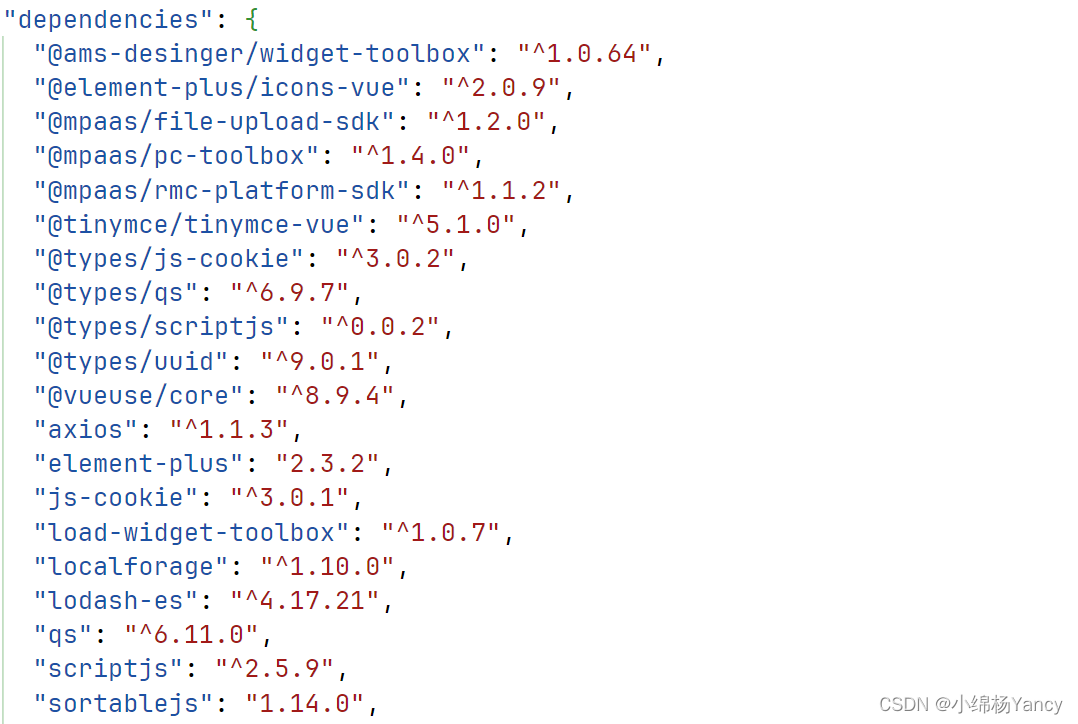
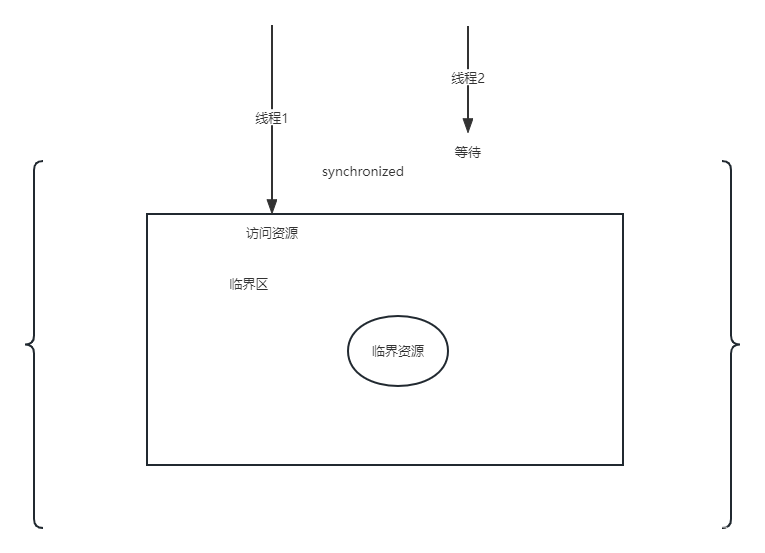
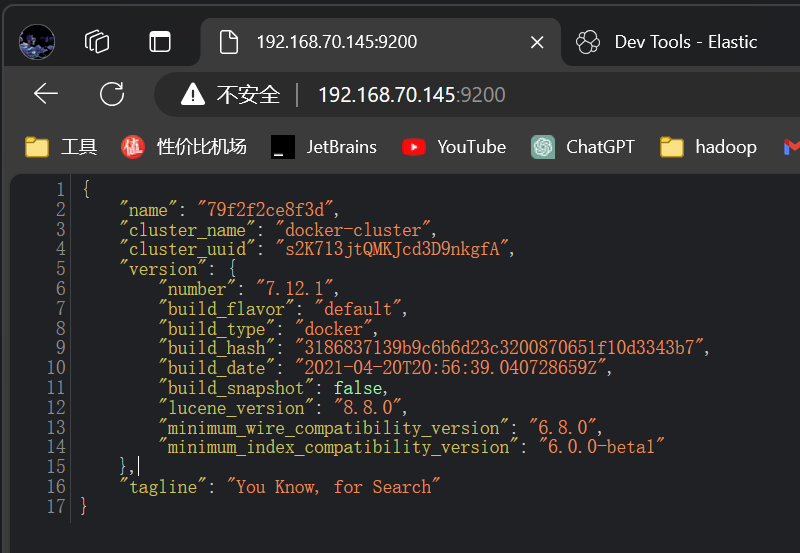




![[从0开始AIGC]: 如何区分并记住常见的几种 Normalization 算法](https://img-blog.csdnimg.cn/img_convert/6b9b80572053f036d622c73ab33903c5.png)


